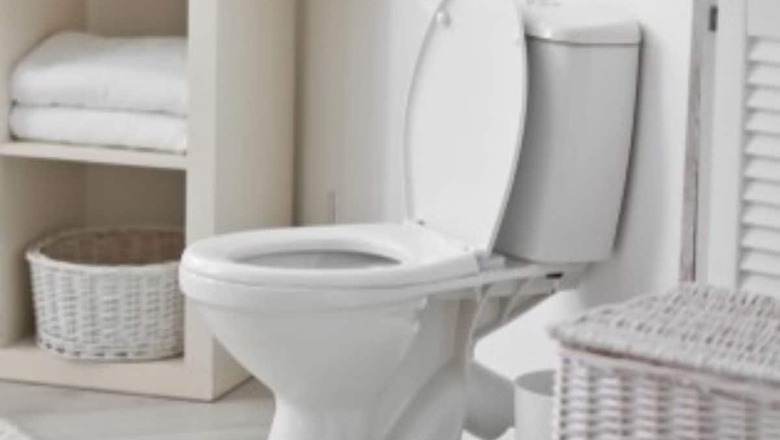
views
In the world of bathroom habits, the peculiar phenomenon of men spending an extended period during their visits to the restroom has been a matter of curiosity for the opposite gender for generations, possibly since the advent of private toilets. This protracted duration has not only become a prevalent theme on social media, notably Instagram and TikTok, but it has also sparked discussions among experts. While it may be a source of amusement for women, specialists suggest that this predisposition towards prolonged bathroom breaks might contribute to the generally superior gut health observed in men compared to women.
“I think anyone who knows a man knows it’s true that men do spend longer in the toilet or on the toilet than women do, but in reality [they] are much less likely to have bowel issues and chronic constipation than women are,” gastroenterologist Kyle Staller told Yahoo! Life.
Madison Simons, a gastrointestinal psychologist from the Cleveland Clinic, proposed a biological explanation, emphasising the need for relaxation to facilitate the digestive process.
Men, she explained, possess a unique ability to smoothly transition between the tense fight-or-flight sympathetic state and the relaxed parasympathetic state, which is crucial for proper digestion. This ability, often referred to as a “binary switch,” promotes what Simons terms as a “rest and digest function.”
In this state of relaxation, individuals find solace from the daily stressors of life. Simons suggested that men might simply be savouring this relaxation period before re-entering their busy lives. The bathroom, with its seclusion, offers a brief respite from responsibilities like childcare or work problem-solving.
“Spending time in that relaxation state before they go back into their life again. You are not going to be asked to make food for the kids or to solve a problem at work if you are sitting in the bathroom,” Simons explained to New York Post.
Previous studies have indicated that men are more likely to engage in activities like reading or scrolling on their phones while on the toilet, contributing to an extended stay beyond the average five minutes typically required for bathroom tasks.
Moreover, Simons highlighted the psychological aspect of toilet time, emphasising that it serves as a moment for individuals to rest, recharge, and gain focus. This sanctuary of safety, where one is entirely present in accomplishing a singular task, provides a unique opportunity for mental rejuvenation. Consequently, the seemingly prolonged toilet time for men may not merely be a matter of habit but could contribute to their overall well-being, offering a valuable interlude in their otherwise demanding daily routines.


















Comments
0 comment